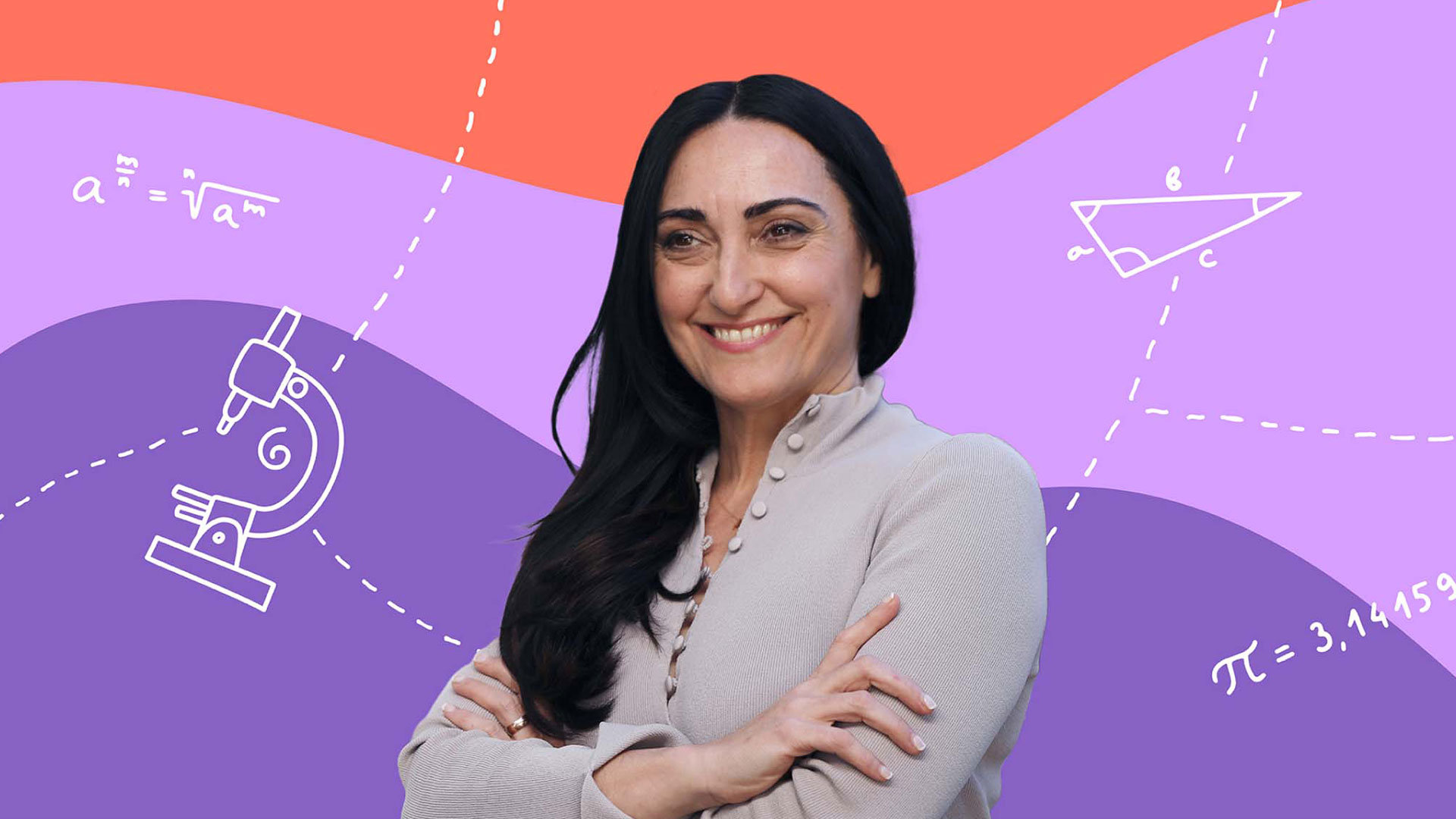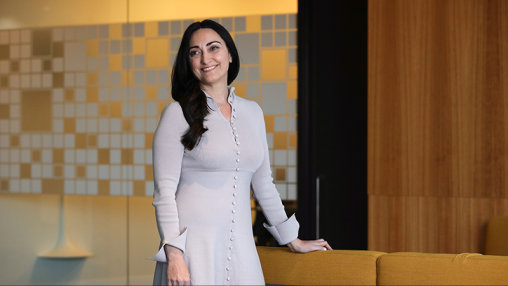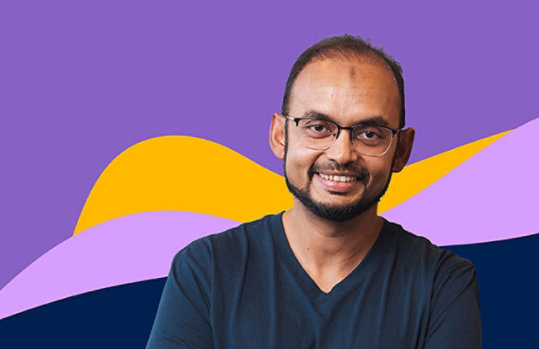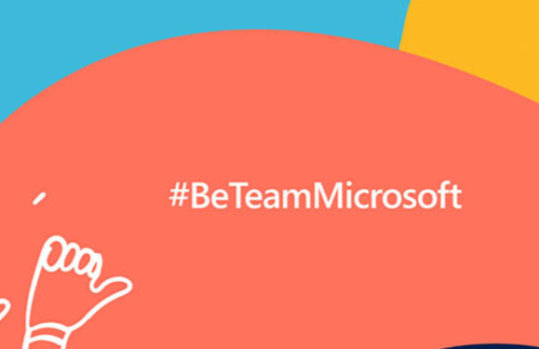
“It’s an organisation that lets you connect to your inner ‘why’”: Agnes Panosian on revolution, becoming a refugee and the rise of women in tech
Today, Agnes Panosian helps university professors update curricula to include relevant skills. She sits on boards of organisations devoted to opening up educational opportunities for young people. And as Director of Data and AI Sales at Microsoft Australia, where she’s been for more than two decades, she empowers a team of people to do their best every day.
Growing up, however, Agnes’s own education very nearly veered off course. It started with a revolution. Then, there was a war. Finally, there was a journey across the world that saw Agnes begin high school in a strange new country where she didn’t speak the language.
But in the midst of it all, there was a girl who loved to learn.
An education worth fighting for
Education was always highly prized in Agnes’s family, perhaps because it was so hard to come by.
Orphaned by the Armenian genocide, Agnes’s grandparents entered Iran as refugees and never had the chance to attend school. Her parents, born in Iran, got as far as primary education before being pulled out to learn a trade. Despite this, they always stressed the importance of education to Agnes.
“Education was viewed in my family as the window to the future,” she says. “Reading books, learning new concepts, challenging ourselves to pick up something new – we never shied away from it.”
But when the Iranian Revolution erupted in 1979, followed shortly thereafter by the outbreak of war with Iraq, Agnes’s own education came under threat. The upheavals disrupted the economy, shut down schools and made the streets a dangerous place to be. Agnes was home-schooled by her parents for large chunks of time until 1984, when the family was forced to leave Iran.
A refugee at just 13, Agnes travelled with her family to Sydney, where they would start a new life.
A language that crosses borders
Starting high school is a daunting process for most. But starting high school in a foreign country, where you don’t even recognise the alphabet, let alone speak the language, is a higher-order challenge. This very challenge, however, led Agnes to the maths, science and technology (STEM) subjects she ultimately fell in love with.
“Learning to be fluent in three languages, all with different letters, was really complex,” she says. “So, I shied away from essay-writing subjects and gravitated towards maths. The numbers just came to me more easily.”
Although Agnes’s father hadn’t been formally educated, he was a self-taught engineering whiz with an infectious passion for innovation. When he witnessed Agnes’s blossoming interest in STEM subjects, he encouraged her to pursue a degree in computer science.

“He told me it was going to be the next big thing,” Agnes remembers. “I’d never touched a computer or even seen a computer, of course. But I thought, ‘You know what? That sounds pretty cool. I’m going to give it a go!’”
The odd one out
Once Agnes started coding, it came naturally to her. “I was using the side of my brain that was associated with numbers, and it became so much easier to apply what I had read and learned to what I was doing.”
Having demonstrated an aptitude for technical tasks, Agnes quickly found work coding for a data entry company. While she loved her new vocation, it quickly became apparent that she was often the only woman in a sea of men – a pattern she first noticed in university.
“When I entered that lecture hall for the first time and looked around me, it was quite a shock,” she recalls. “And it continued into those early years of my career when I would often be the only woman in the room. I had senior men turn their chairs away from me, refuse to make eye contact with me … they didn’t think I was important enough to be at the table.”
But if Agnes could survive war and revolution, she could survive sexism. “I was never raised to think of myself as being limited by my gender or my minority status,” she says. “I was raised to believe I could do anything I wanted.”
This mentality saw Agnes’s career go from strength to strength. In 1997, she landed her first role at Microsoft.
“I’ve worked at many different Microsofts”
“People often ask me why I’ve stayed at one company for so long,” Agnes says. “They assume the company has stayed the same when in fact, I’ve worked at many different Microsofts.”
Since taking her first role as a support engineer, Agnes has worked in both technical and business-oriented roles, spanning data, marketing and sales. She currently directs and supports a team of sales specialists and technicians who help businesses develop data and AI solutions. In addition, Agnes is honing her AI expertise on Microsoft’s monthly Learning Days, when employees are encouraged to clear their calendars to explore topics that spark their interest and develop skillsets that will help them in their roles.
“I never get over the buzz of new technologies,” she says. “There are very few organisations globally where you’re truly at the forefront of innovation. As a technologist in an organisation like Microsoft, you’re actually shaping the future.”

“An organisation that lets you connect back to your inner ‘why’”
It’s not just Microsoft’s technology that is always developing – it’s also the company’s culture. Agnes is at the forefront of initiatives that are driving change inside and outside Microsoft, and she has a particular passion for empowering young people.
As a board member on university advisory groups, she helps professors and heads of schools create curricula that will arm students with next-generation skills to meet the needs of Australia’s future. And, as well as advocating for stateless people with the Refugee Council of Australia, Agnes uses her allocated volunteering days to help young adults find careers in STEM through the Armenian Professional network.
“Microsoft is an organisation that lets you connect back to your inner ‘why’,” she explains. “It’s not just about business results and relentless KPIs. Microsoft encourages you to connect with the community and make Australia a better place, and that’s what I love about it.”
Perhaps the cause closest to Agnes’s heart is the advancement of women in STEM.
“The industry is slowly moving in the right direction, but I’m not going to lie – it’s not fast enough,” she says, pointing out that while men and women graduate from STEM courses in equal numbers, they are not entering the workforce at the same rate.
“One of the biggest success factors for any woman is having the right sponsor,” she says. As a longstanding member of Microsoft’s Women in Technology Employee Resource Group, which works to advance gender equity at Microsoft, Agnes is passionate about mentoring women who are coming up in the industry.
She credits much of her own success to the support she’s received over the years. “Microsoft is big on ensuring they are investing in and sponsoring the right talent,” she says. “And that’s what’s allowed me to grow.”
Now, as she enters the fourth decade of her career, Agnes is only becoming more interested in championing other women. “I still think women are underrepresented in tech and I’d love to see that change,” she says. “And I want to be right there when it happens.”
More stories
“You’re in that room for a reason”:


“It was one of the best experiences of my career”

